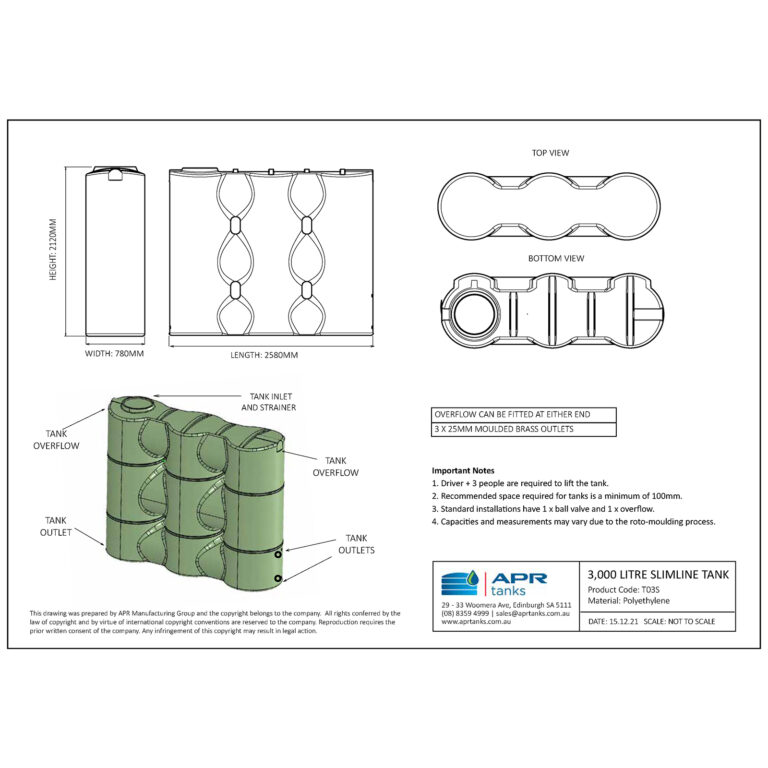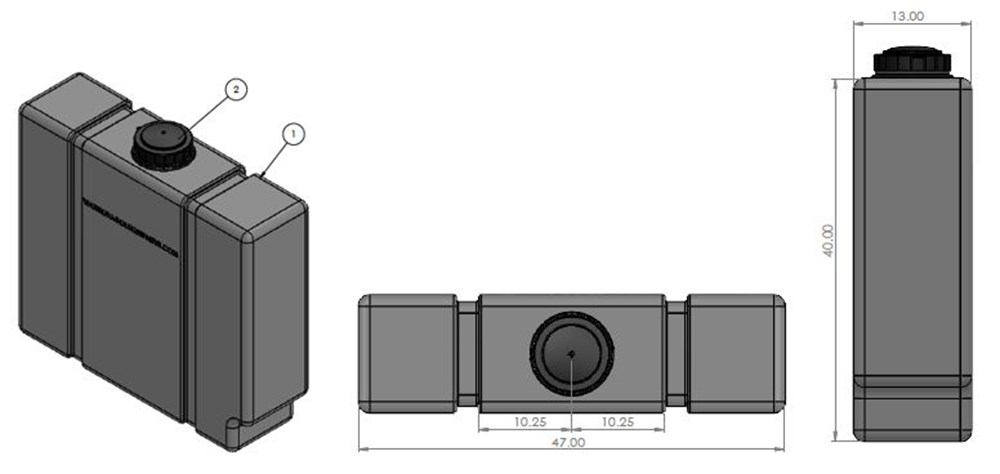Discovering the Numerous Usages of Rain Containers for Residential and Commercial Characteristics
As the worldwide concentrate on lasting living techniques proceeds to increase, the usage of rain storage tanks in both household and industrial settings has actually arised as a significant service. These storage tanks provide a reservoir for rain harvesting, providing a myriad of potential applications that expand far past plain storage. From irrigation to toilet flushing and landscaping, the convenience of rain storage tanks is large. Additionally, their assimilation right into commercial properties opens a world of opportunities for ecologically aware organizations. The diverse uses rain storage tanks offer a compelling instance for their adoption, not just as a practical water-saving procedure but also as a testimony to responsible source monitoring.
Advantages of Utilizing Rain Tanks
Utilizing rain containers offers various advantages for both homes and areas in terms of water preservation and sustainability. One of the crucial benefits of utilizing rain tanks is the considerable reduction in dependence on keys water system - Slimline water tanks. By capturing and storing rain for later usage, individuals and areas can lower their need for cured water, inevitably alleviating the problem on water treatment centers and decreasing power intake connected with water transportation and therapy
Moreover, rainwater collecting via tanks provides a dependable different water resource during times of water limitations or scarcities. This stored rain can be used for various non-potable functions such as watering, flushing bathrooms, and washing clothes, decreasing the pressure on traditional water resources. Furthermore, making use of rain storage tanks can cause cost financial savings for both houses and areas by reducing water expenses and lowering the demand for pricey infrastructure expansions to meet expanding water demands.
Fundamentally, the usage of rain tanks uses a sustainable and environmentally pleasant strategy to water administration, profiting both private customers and the broader area in terms of water preservation, cost-efficiency, and resilience.
Rain Storage Tank Usage in Irrigation
Provided the benefits of rainwater storage tanks in saving water resources and minimizing reliance on mains supply of water, a substantial application hinges on making use of saved rainwater for watering purposes - Slimline water tanks. Rain gathering systems can properly gather and store rainwater, providing a lasting water source for sprinkling gardens, yards, and agricultural fields. By utilizing rain for watering, homeowner can lower their dependancy on cured water resources, leading to cost savings and environmental benefits

One of the main advantages of using rain for irrigation is its purity. Rainwater is click to investigate normally soft and devoid of the chemicals and ingredients commonly found in mains water, making it suitable for nourishing plants without the risk of dangerous impacts. Furthermore, rainwater is at ambient temperature level, which can profit plant development by avoiding temperature shocks that can occur with cool keys water.
Rainwater Storage Tanks for Commode Flushing

Executing rainwater storage tanks for commode flushing is a cost-effective and eco-friendly technique that can be conveniently integrated right into both domestic and commercial homes. The stored rainwater can be utilized to purge bathrooms by linking the storage tank to the existing pipes system. This basic yet reliable option can significantly lower water usage in a structure, particularly in locations where water scarcity is a worry.

Integrating Rainwater Containers in Landscape Design
These storage tanks can capture and store rainwater drainage from roofs, which can then be utilized for sprinkling yards, yards, and plants. By utilizing rain for irrigation purposes, residential or commercial property owners can minimize their reliance on local water resources, leading to cost financial savings and preservation of precious water sources.
In enhancement to supplying a lasting water resource for landscaping requirements, rain tanks can likewise help in handling stormwater drainage. By recording rain that would certainly otherwise move right into tornado drains, these storage tanks can minimize erosion, minimize flooding risks, and prevent air pollution of all-natural water bodies. In addition, incorporating rainwater containers in landscape design can add to the overall visual allure of the building, showcasing a commitment to environmental stewardship.
Commercial Applications of Rain Tanks
Utilizing rain tanks in industrial Visit Your URL setups supplies a sustainable service for water administration and conservation, profiting companies and the atmosphere alike. Industrial applications of check here rain storage tanks vary and significantly popular due to the cost financial savings and ecological advantages they offer. One vital industrial use is for irrigation purposes, where harvested rainwater can be made use of to water landscaping, yards, and farming areas surrounding commercial residential properties. This can lead to considerable decreases in water bills and dependence on municipal water resources.
Furthermore, rainwater collected in tanks can be dealt with and used for non-potable objectives within business homes, such as flushing bathrooms, cleansing, and cooling down systems. On the whole, the unification of rain tanks in industrial settings offers a practical and environmentally liable approach to water management.
Conclusion
From irrigation to bathroom flushing and landscaping, the usage of rain containers can assist conserve water resources and minimize water expenses. In general, the versatility and sustainability of rain storage tanks make them a beneficial investment for any property owner looking to raise water efficiency.